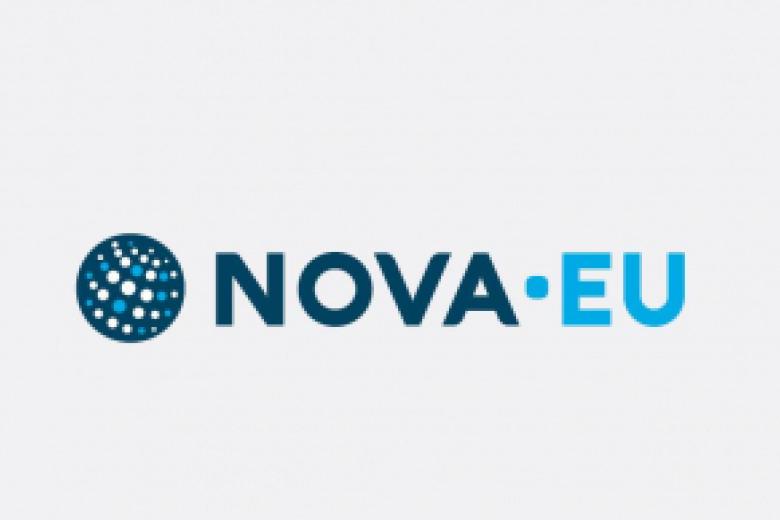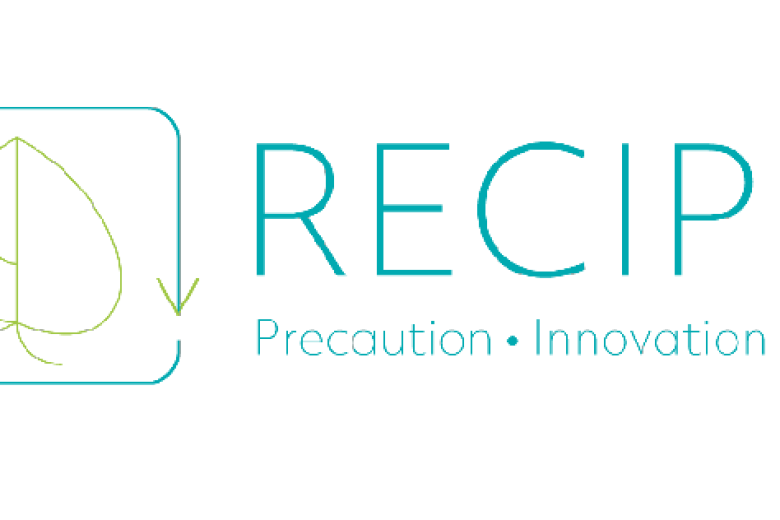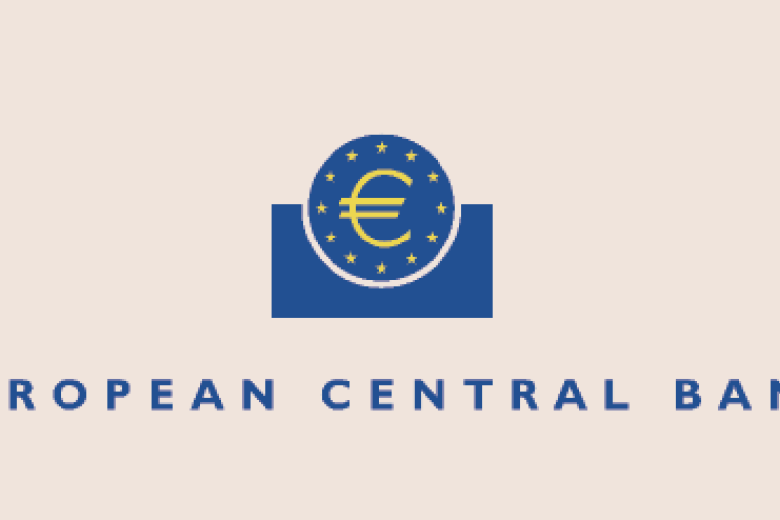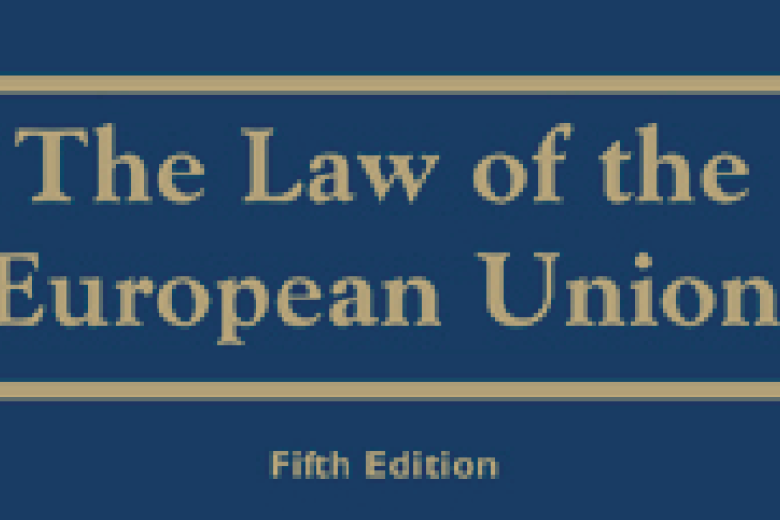MCEL Projects
MCEL members carry out various activities and projects. MCEL organises two types of regular meetings for its members, each of which takes place on a monthly basis during academic term time: (i) the MCEL Seminar series, which consists of research presentations by reputable external speakers on questions of EU law, and (ii) the MCEL Forum, in which members of the Centre present their own (draft) research papers.
In addition, the Centre organises an annual academic opening event in September of each year, in the form of a half-day workshop with external speakers (both academics and practitioners) on a subject of current interest in EU law, herewith connecting with the larger academic community, whilst reaching out to practice.
Ongoing projects
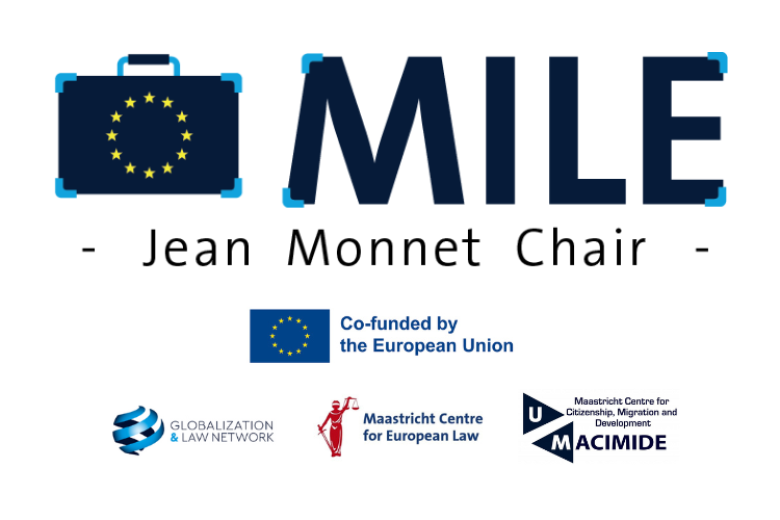
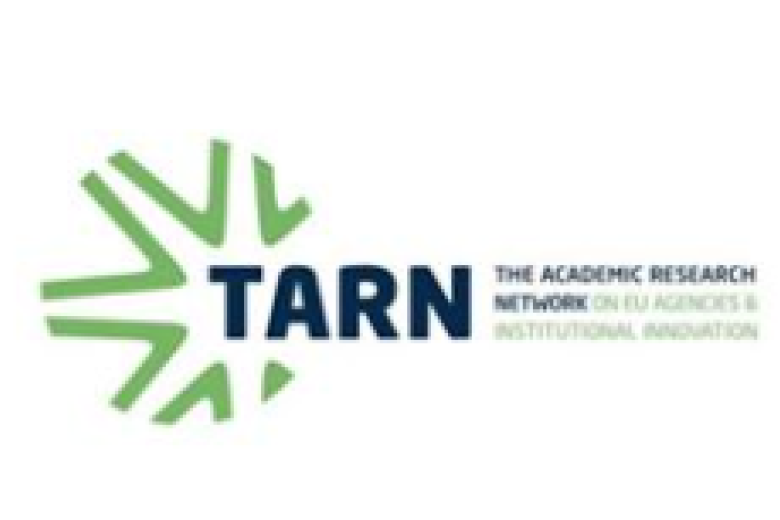
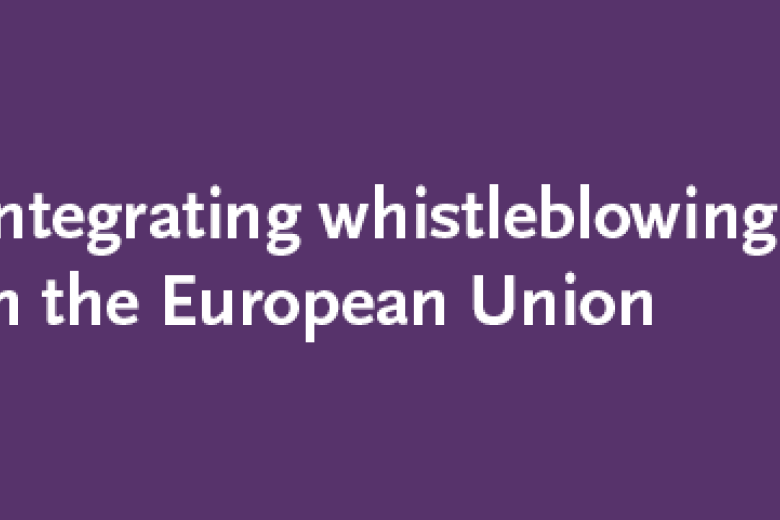
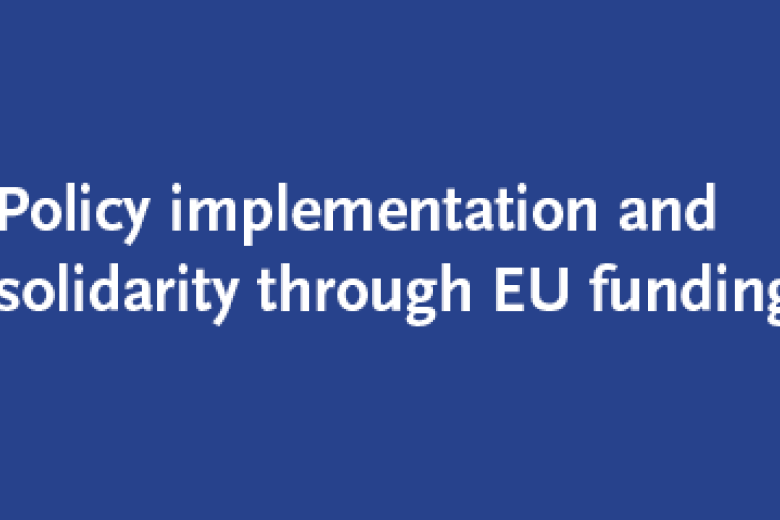
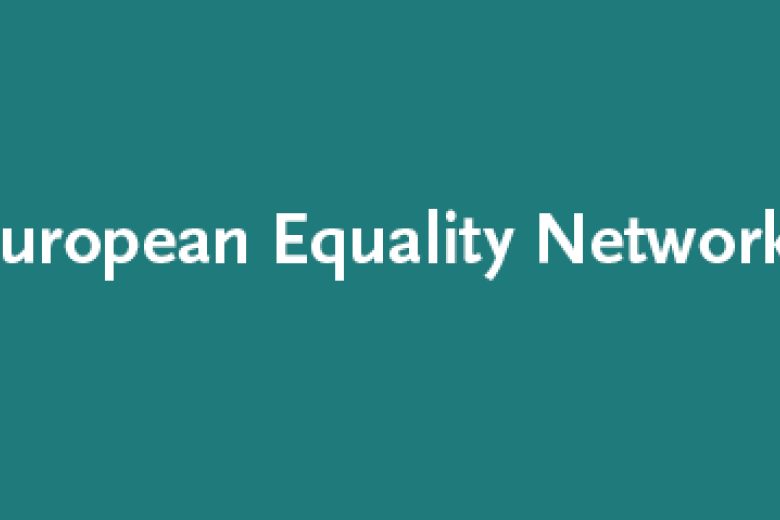
The European Green Deal: Governing the EU’s Transition towards Climate Neutrality and Sustainability (GreenDeal-NET).
Read more

The academic research network on EU agencies and institutional Innovation (TARN)
The Academic Research Network on EU Agencies and Institutional Innovation (TARN) with leading academics studying EU agencies was awarded EU funding under the Jean Monnet Programme (2015-2018). Maastricht University leads the TARN network and MCEL member Ellen Vos is its coordinator. Several MCEL members participate in this network: Bruno de Witte, Andrea Ott, Merijn Chamon, Sabrina Roettger Wirtz, Mariolina Eliantonio and Diane Fromage. By bringing together renowned and young academics and practitioners from various disciplines and policy areas, pooling knowledge on research and legal provisions, policy documents and information on the practical operation of EU agencies, TARN operates as a research, information and agenda-setting network informing agency operation within the EU in a transnational setting. Various conferences were organised in the past years: most recently the conference on the external dimension of EU agencies and bodies held on 27-28 June 2017 and the conference on EU agencies as Inbetweeners? The relation between EU Agencies and Member States held on 4-5 December 2019. The 2017 conference led to a book publication in 2019 edited by H. Hofmann, E. Vos, & M. Chamon (Eds.), The External Dimension of EU Agencies and Bodies. Law and Policy, Edward Elgar.
See for more information on the project: Tarn.maastrichtuniversity.nl
Empowering public interest voice: integrating whistleblowing in the European Union
MCEL member Vigjilenca Abazi obtained in 2018 an NWO VENI grant for the project 'Empowering Public Interest Voice: Integrating Whistleblowing in the European Union'. The project runs from February 2019 until October 2021. In the wake of the adoption, by the EU, of a whistleblowing directive, the project aims at an integrated analysis of the phenomenon of whistleblowing, drawing from international, EU and national norms, and incorporating the perspective of stakeholders. The research normatively assesses laws and practices, so as to advance the current regulatory approach to whistleblowing.
Vigjilenca (project leader) and Arif Aksu (laureate) also received an NWO Hestia grant. Whistleblowing offers a much-needed instrument to ensure accountability. To strengthen the position of the rule of law in society, we can no longer rely solely on existing institutional control mechanisms. This research promotes knowledge on how whistleblowing can be used to advance law enforcement in the areas of public health, privacy protection and anti-corruption. The project runs from September 2021 until 31 August 2022.
Financial governance: policy implementation and solidarity through EU funding
MCEL member Evangelia (Lilian) Tsourdi obtained in 2019 an NWO VENI grant for the project ‘Financial Governance: Policy Implementation and Solidarity through EU Funding’, implemented at the Law Faculty/MCEL since September 2019. European Union funding in the field of migration aims at contributing to effective implementation and inter-state solidarity of the EU’s migration policy, but it does not sufficiently achieve those aims. The project uses a combination of legal and empirical analysis in order to offer a better understanding of the conditions for a better use of EU funding mechanisms and will formulate proposals for reform. It will use EU cohesion funding as a comparative benchmark.
Lilian (project leader) and Nasrat Sayed (laureate) were also awarded an NWO Hestia grant. Owing to this grant, Nasrat received a UM appointment and joined Lilian's ongoing NWO VENI project. Responsibility sharing which remains elusive in the global refugee protection regime, while EU funding is increasingly used to pursue migration management objectives in non-EU countries. Using an original combination of legal and empirical analysis, this project examines why, advances knowledge on governance and global responsibility sharing, and formulates proposals for reform. The project commenced in September 2021 and will run until February 2023.
European network of legal experts in gender equality and non-discrimination
MCEL member Lisa Waddington was the senior expert for non-discrimination on the ground of disability in the European Network of Legal Experts in Gender Equality and Non-Discrimination (2015-2018), and continues in that role for the period 2019-2023. In that capacity, she authored or co-authored a number of thematic reports (circa 100-150 pages) published in paper format and online at Equalitylaw.eu; including: L. Waddington and A. Broderick, ‘Disability law and reasonable accommodation beyond employment’ (April 2016) and L. Waddington and A. Broderick, ‘Combatting disability discrimination and realizing equality: A comparison of the UNCRPD and EU equality and non-discrimination law’ (October 2018). Co-author Andrea Broderick is also a member of MCEL.
The European Green Deal: Governing the EU’s Transition towards Climate Neutrality and Sustainability (GreenDeal-NET)
The European Green Deal: Governing the EU’s Transition towards Climate Neutrality and Sustainability (GreenDeal-NET) is a Jean Monnet Network that aims to dissect the European Green Deal, and the complex set of governance challenges related to sustainability and climate neutrality it poses. The network will deepen our understanding of what a fair and effective climate transition could look like by focusing on the governance of the European Green Deal. It is a platform for collaboration and debate on teaching and research. GreenDeal-NET brings together research and teaching on European climate and sustainability governance and offers a space for collaboration and discussion. It actively seeks out engagement and debate with policymakers and others interested in the EU’s transition to a low-carbon society. The network consists of 12 Universities including the Law Faculty of Maastricht University; the contribution by Maastricht is coordinated by MCEL member Professor Marjan Peeters (chair: environmental policy and law).
Main tasks are:
1) Delivering a lecture series: see Environmental Law Lecture Series - events - Maastricht University
2) Contributing to a research project on Comparative National Climate Policy and Law
3) Leading and contributing to a research project on the European climate and sustainability transition in light of the rule of law
More information about this project can be found at: GreenDealnet.eu. For questions: law-greendeal-net@maastrichtuniversity.nl
Completed projects
Jean Monnet project innovating and transforming the European Union NOVA-EU
MCEL’s Jean Monnet project Innovating and Transforming the European Union (NOVA-EU) aims at stimulating discussion and enhance research on four key challenges that heavily impact the European Union’s governance structure, regulatory framework, identity and, most importantly, its future. It has received funding from the EU for the years 2019-2021 under the Jean Monnet programme. The project is coordinated by MCEL member Andrea Ott. It brings together MCEL and international experts to do research on four key challenges: Digitalisation, Ethics and EU Fundamental Rights, Migration and EU Borders, Social and Sustainable Europe and its external reach, EU Rule of Law and Democracy. These four challenges are discussed in four workshops organised by MCEL members Brkan, Bonelli, Chamon, Claes, Schneider, Ott, Tsourdi and Peeters.
See for more information about this project on this website: Nova-eu
EU H2020 project on the precautionary principle and innovation
In 2018, the project REconcling sCience, Innovation and precaution through Engagement of Stakeholders (RECIPES) was awarded funding by the EU in the context of H2020. The project aims to analyse how the precautionary principle is applied, improve its future application through participatory methods and reconcile precaution and innovation. RECIPES is carried out by an interdisciplinary consortium of 11 universities and research centres and is led by Maastricht University and coordinated by MCEL member Ellen Vos. Ellen Vos and Kristel De Smedt are lead authors of the report taking stock of the implementation of the precautionary principle since 2000 (see Recipes-project.eu/results). The project runs from 2019-2022. Sabrina Roettger Wirtz is also participating in this project.
More information about this project can be found at: Recipes-project.eu
Accountability of the European Central Bank
MCEL members Diane Fromage and Phedon Nicolaides organised in May 2018 a conference on ‘The ECB’s Accountability in a Multilevel European Order’. This led to the publication of a special issue of the Maastricht Journal of European and Comparative Law, 2019, nr 1, which includes three articles by MCEL members: D. Fromage, ‘Guaranteeing the ECB’s democratic accountability in the post-Banking Union era: An ever more difficult task’; Paul Dermine, ‘Out of the comfort zone? The ECB’s financial assistance, independence and accountability’; Phedon Nicolaides, ‘Accountability of the ECB’s supervisory activities (SSM): Evolving and responsive’.
See Journals.sagepub.com
Effective judicial protection in EU law
MCEL member Mariolina Eliantonio and Elise Muir (formerly at MCEL, now professor of EU law in Leuven) convened a workshop at the 2018 annual conference of the Ius Commune research school on the theme of the effective application of EU law. Revised versions of the workshop papers were published as a special issue 2019/2 of the Review of European Administrative Law. It includes contributions by MCEL members Bonelli (on effective judicial protection as a constitutional principle of EU law), Eliantonio (on effective judicial protection in EU environmental law) and Tsourdi (on the right to an effective remedy in EU asylum law). It concludes with an essay by the workshop conveners Eliantonio and Muir, ‘The principle of effectiveness: under strain?’.
See Review of European administrative law- Realaw
European Union law handbook
In 2016-2017 several MCEL members worked on the successor of what was formerly known as Kapteyn & Verloren van Themaat, The Law of the European Union and the European Communities . This textbook European Union Law was published in 2018 by Kluwer. It is a joint effort of a number of EU law scholars based in the Netherlands. Bruno De Witte (member of MCEL) is one of the editors of this volume, and it includes seven chapters written by members of MCEL: Structure and Evolution of Union Law (by Bruno De Witte), Fundamental Rights (by Monica Claes), Sources of European Union Law (by Bruno De Witte with Ben Smulders), Free Movement of Workers (by Anne Pieter van der Mei), Public Procurement (by Sarah Schoenmaekers), Intellectual Property (by Ana Ramalho), Health Law and Policy (by Anne Pieter van der Mei and Ellen Vos).
Transnational migration, citizenship and the circulation of rights and responsibilities
TRANSMIC is the acronym of ‘Transnational Migration, Citizenship and the Circulation of Rights and Responsibilities’. This was an Initial Training Network (ITN), funded by the EU’s FP7 research programme, running between 2014 and 2018. The interdisciplinary consortium of 8 universities and research centres was led by Maastricht University and coordinated by MCEL member Hildegard Schneider. The project contributed to the understanding of transnational migration, in particular by looking at the conditions for and effects of transnational migration, possibilities for the mobility of migrants’ rights to be enhanced, and the links between migration, citizenship, and migration and development. Among other things, this project led to 3 PhD defences at the Faculty of Law in Maastricht: Chun Luk (on the notion of quasi-citizenship in the context of return migration), Pauline Melin (on the external dimension of the EU’s social security coordination) and Zvezda Vankova (on circular migration to the EU, and the rights of circular migrants in Bulgaria and Poland).
See for more information: Transmic
